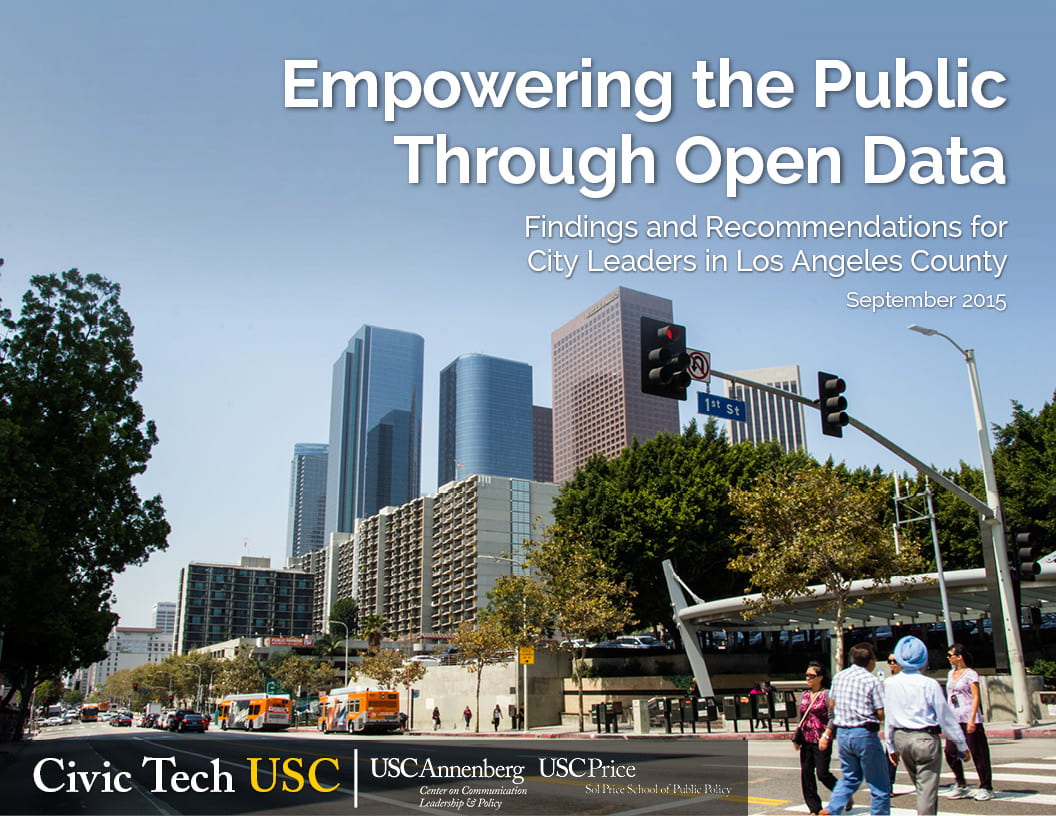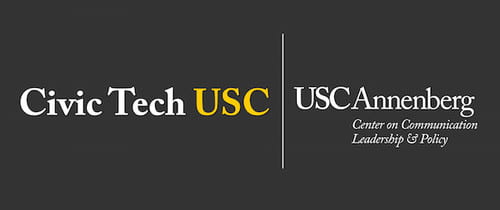“Sport can bring people together,” said Cull, speaking before CCLP senior fellow Derek Shearer’s diplomacy class at Occidental College on Oct. 1, 2015. However, “each conflict is new and we have to communicate and find a shared relevance of mutual interest afresh for each different situation.”
Soccer may be a way to reach certain countries, but not, for example, the Islamic State. Cull used one unique example in Cuba Skate, a non-profit started in Washington, D.C., by one of his students that aims to support and grow the Cuban skateboarding community by providing access to skateboarding equipment that is otherwise unavailable on the island.
In an informative and often humorous lecture, Cull examined the history of sport’s role in international relations, from archaic society to present day. Sports began with war play games and funeral games and evolved into the Olympics in ancient Greece, said Cull. In Medieval Europe an early version of soccer (in which residents kicked a ball through town) was used as a “safety valve” – by having the disorder of sporting events, there could be order elsewhere in society.
In England, the emphasis on sports was fair play and sportsmanship, not competition and excellence. Sports were participation- and rule-based, not winning-based.
“The emphasis was not on excellence, not just on being able to be the best you can be, the fastest you can be,” said Cull. “This is contrasting with the dominant American approach to sports. British children were not taught to win in sports; rather, they were taught to lose and like it and to applaud the skills of the other team.”
Cull said he sees America’s obsession with excellence in sports as a problem. “It’s nice to win,” he said, but it’s not everything. In particular, he cited the language of conquest in sports (“We’re going to destroy the other team!”) as leading to “some really weird interpersonal politics” with negative gender implications.
Cull also said that there is “no reason why our national identity should be the most powerful identification we have. Many of us have relationships or affiliations that are stronger than our national identities that might cross international lines. For a lot of people it’s around sports.”
Cull dramatically recited Sir Henry Newbolt’s poem “Vitai Lampada,” ending with the famously uplifting, “Play up! Play up! And play the game!”
“The poem is teaching young men to sacrifice themselves and saying sport is a rehearsal for war, and in war you must observe the rules of sport and even when there’s no hope, you still keep going.”
Sports and the values embedded within them spread with the British Empire, as well as later by Christian missionaries. Sports have been used as a nation-building mechanism both domestically and internationally. The Olympics, Cull said, are a good example of “sport as utopia,” in which national governments use the opportunity to promote their ideologies and values on the global stage.
Once you do that, Cull said, it becomes “available for other people to tie other messages to it. The [Olympic] competition itself has become a target for terrorists,” including the bloody demonstrations in Mexico in 1968, the attack in Munich in 1972, the boycott of South Africa (including countries that supported South Africa, such as New Zealand), and the Cold War boycotts between the U.S. and Russia.
That said, Cull pointed out that sport can serve as a diplomatic sphere as well. In 1951 the Globetrotters exercised goodwill diplomacy in Berlin. In April 1971, China invited the U.S. ping pong team to play in what became an historic meeting. In 1998 President Bill Clinton used sports to open communication with North Korea. The Para and Special Olympics are successful examples of sports changing countries and cultures to rethink how they treat differently-abled people. Recently, Cull said, sports have also positively changed views of women.
Cull also talked about how commercial sports have become globally.
“Sport is a major business,” said Cull. “As global media has become larger and markets have become broader, you need content to go onto those channels. Global media has been quite happy to have sport as an easily transmitted, easily understood form of content.”
This creates global brands out of sports stars who are “consumable” and “likable” and help sell products. “In some ways, sports personalities are used to sweeten globalization, so that you forgive or don’t even notice the economic consequence; how, in fact, the money is flowing to certain geographical locations based on the power of sports. So it’s becoming a symbol of globalization.”
Cull said sports and media do not exist in two completely separate realms, with media companies owning sports teams or rich people and companies owning both sports and media; “one hand feeding the other,” as Cull put it.
Cull said he’s concerned about the cultural practices that might be being exported along with sports. With the emphasis on excellence in sports, “once you find you can’t compete, you’re encouraged to just sit on the couch and watch and eat potato chips and drink beer. Which is fine, but do we really want to teach the world that sport is only about excellence and competing at the highest level and not about having a good time and participating at whatever level? We have to be careful that sport doesn’t become a thing where the tiny group of super athletes gets to run around and burn calories and everybody else gets to sit down watch them and participate by buying stuff endorsed by those people or watching the commercials that run in between those people performing and drinking beer and eating chips.”
Nick Cull is Professor of Public Diplomacy and is the founding director of the Master of Public Diplomacy program at USC. His research and teaching interests are inter-disciplinary, and focus on public diplomacy and — more broadly — the role of media, culture and propaganda in international history. He is the author of two volumes on the history of US public diplomacy: The Cold War and the United States Information Agency: American Propaganda and Public Diplomacy, 1945-1989 (Cambridge 2008), named by Choice Magazine as one of the Outstanding Academic Texts of 2009 and The Decline and Fall of the United States Information Agency: American Public Diplomacy, 1989-2001 (Palgrave, New York, 2012). His first book, Selling War, published by OUP New York in 1995, was a study of British information work in the United States before Pearl Harbor. He is editor of the journal Place Branding and Public Diplomacy, President of the International Association for Media and History, and a member of the Public Diplomacy Council.
Derek Shearer is the Chevalier Professor of Diplomacy and World Affairs at Occidental College in Los Angeles. He also serves as Director of Global Affairs, handling the college’s international relations and directing the expansion of its International Affairs programs. He served in the Clinton administration as an Economics official in the Commerce Department, and then as ambassador to Finland (1994-97). He was a fellow at the Economic Strategy Institute and at the Woodrow Wilson Scholars Center in Washington, D.C. He was a foreign policy advisor to Vice President Al Gore during the 2000 presidential campaign and to Senator Hillary Clinton in the 2007-08 presidential primary contests.


